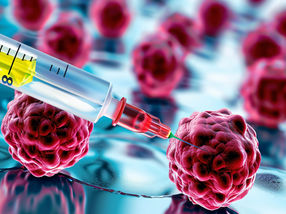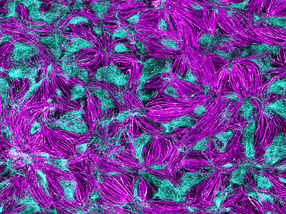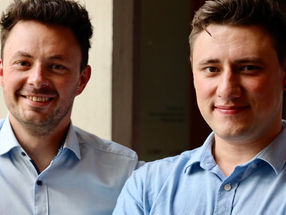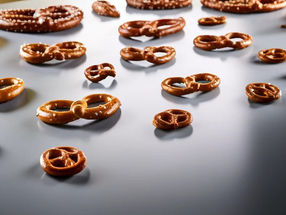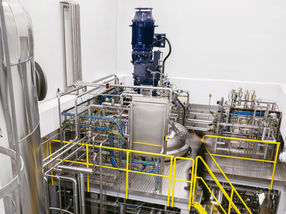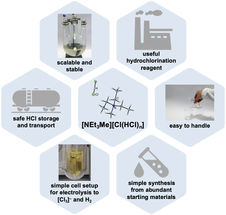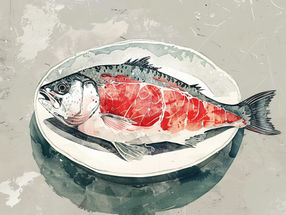Crucell Discovers and Validates Human Monoclonal Antibody Product for Protecting against Rabies
Dutch biotechnology company Crucell N.V. announced the discovery and preclinical validation of an effective monoclonal antibody product for protection against rabies. The Crucell program has been performed in close collaboration with two leaders in the rabies antibody field, the Thomas Jefferson University (TJU) based in Philadelphia and the US Centers for Disease Control and Prevention (CDC) in Atlanta. This new approach may offer an alternative to Human Rabies Immune Globulin (HRIG) that is currently used in combination with a rabies vaccine in the event of exposure to this lethal disease, but which is compromised by cost, availability and safety concerns.
Crucell's MAbstract® technology was used in the program resulting in a combination of two human anti-rabies antibodies. In experiments conducted over the last six months in collaboration with TJU and under a Collaborative Research and Development Agreement (CRADA) with the CDC, the antibody product demonstrated protection in the industry standard hamster model at least equivalent to HRIG.
"Crucell's monoclonal antibody product is a major finding in relation to rabies," said Jaap Goudsmit, Crucell's Chief Scientific Officer. "This product offers the opportunity, when developed as a biopharmaceutical, to replace HRIG as a safe and efficacious product widely available for global use."
The need to replace HRIG in rabies post-exposure treatment is widely recognized. HRIG, as well as the cheaper equine rabies immunoglobulin (ERIG), is limited in supply, especially in Asian countries where rabies is a common threat. HRIG and ERIG also present potential safety concerns because they originate from human or equine serum.
In comparison, Crucell's antibody product is produced using PER.C6® technology, a human cell line which offers large-scale manufacturing capabilities and production under serum-free culture conditions.
"Following the robust protection results we've attained in the hamster model, we are now ready to move into the preparation of clinical trial material to test the safety of our product in humans," commented Jaap Goudsmit. "This is the second major discovery announced by Crucell's Antibody Discovery Group this year, following the discovery of a SARS antibody, as published in The Lancet medical journal in June."
Other news from the department research and development

Get the life science industry in your inbox
From now on, don't miss a thing: Our newsletter for biotechnology, pharma and life sciences brings you up to date every Tuesday and Thursday. The latest industry news, product highlights and innovations - compact and easy to understand in your inbox. Researched by us so you don't have to.

